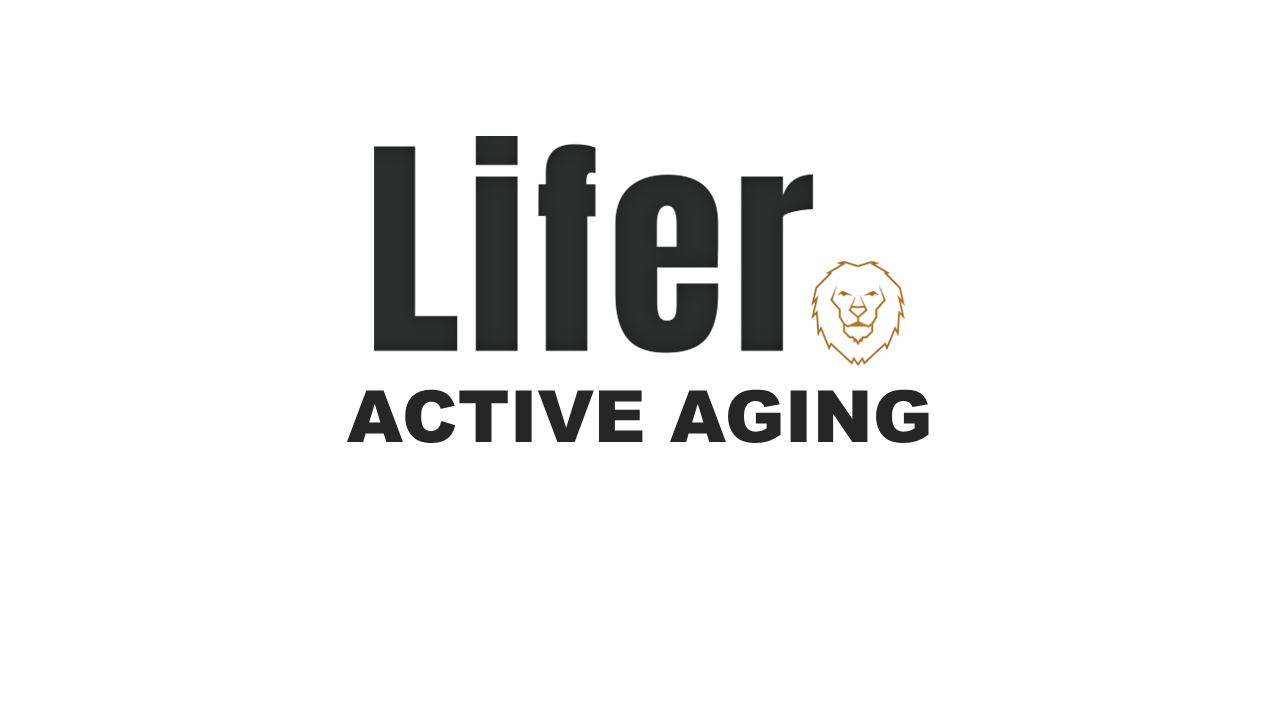Aging comes with wisdom, experience, and hopefully, a greater appreciation for life. But it also brings changes—especially when it comes to healthcare. Unfortunately, many people don’t learn the truth about senior healthcare until they’re in the middle of navigating it.
Understanding the realities of senior healthcare ahead of time can help you make informed decisions, reduce stress, and ensure you get the best care possible. While some aspects of aging are inevitable, taking control of your health and planning ahead can make a huge difference in your quality of life.
Here’s what no one tells you about senior healthcare—but absolutely should.
1. Preventative Care is More Important Than Ever
Many people assume healthcare is only for when something goes wrong. But as you age, preventative care is one of the best investments you can make.
Regular screenings, check-ups, and vaccinations can catch potential health issues before they become serious. Commonly overlooked preventative measures include:
• Annual wellness exams – These help track changes in your health over time.
• Bone density tests – Osteoporosis is a major concern for older adults, and early detection can help prevent fractures.
• Hearing and vision tests – These can impact balance, safety, and overall quality of life.
• Routine dental care – Poor oral health is linked to heart disease and other conditions.
Taking a proactive approach to your health can help you stay active and independent for years to come.
2. Your Healthcare Needs Will Change Over Time
What works for your health in your 50s and 60s may not be enough in your 70s and beyond. Health needs evolve, and it’s essential to reassess your healthcare plan regularly.
• If you’re managing a chronic condition, make sure your treatment plan is up to date.
• Stay informed about new treatments, medications, and therapies that could improve your well-being.
• Don’t be afraid to seek second opinions or switch doctors if you feel your needs aren’t being met.
Being your own health advocate is one of the most powerful things you can do as you age.
3. Mental Health Matters Just as Much as Physical Health
Many seniors focus on physical health while neglecting mental and emotional well-being. However, loneliness, anxiety, and depression are common among older adults and can have serious health consequences.
• Stay socially active by engaging with friends, family, and community groups.
• Consider therapy or counseling if you’re struggling with emotional challenges.
• Practice self-care, meditation, or hobbies that bring you joy.
Your mental health is just as important as your physical health—don’t ignore it.
4. You Have More Control Than You Think
Aging doesn’t mean surrendering control of your health. In fact, this is the time to take charge. Make informed choices, ask questions, and don’t be afraid to advocate for yourself.
• Keep a detailed health record of your medical history, medications, and past procedures.
• Build a strong relationship with healthcare providers you trust.
• Don’t hesitate to ask for better care if you feel something is being overlooked.
Your health is your most valuable asset—treat it as such.
Aging comes with its challenges, but the more you educate and prepare yourself, the better your healthcare experience will be. By prioritizing preventative care, understanding your insurance options, staying proactive about changes, and nurturing your mental well-being, you can maintain a high quality of life for years to come.
Don’t wait until a health crisis forces you to act. Take charge today, and ensure your golden years are as vibrant, healthy, and fulfilling as possible. Because the truth is—you have more power over your health than you think.
Jay


